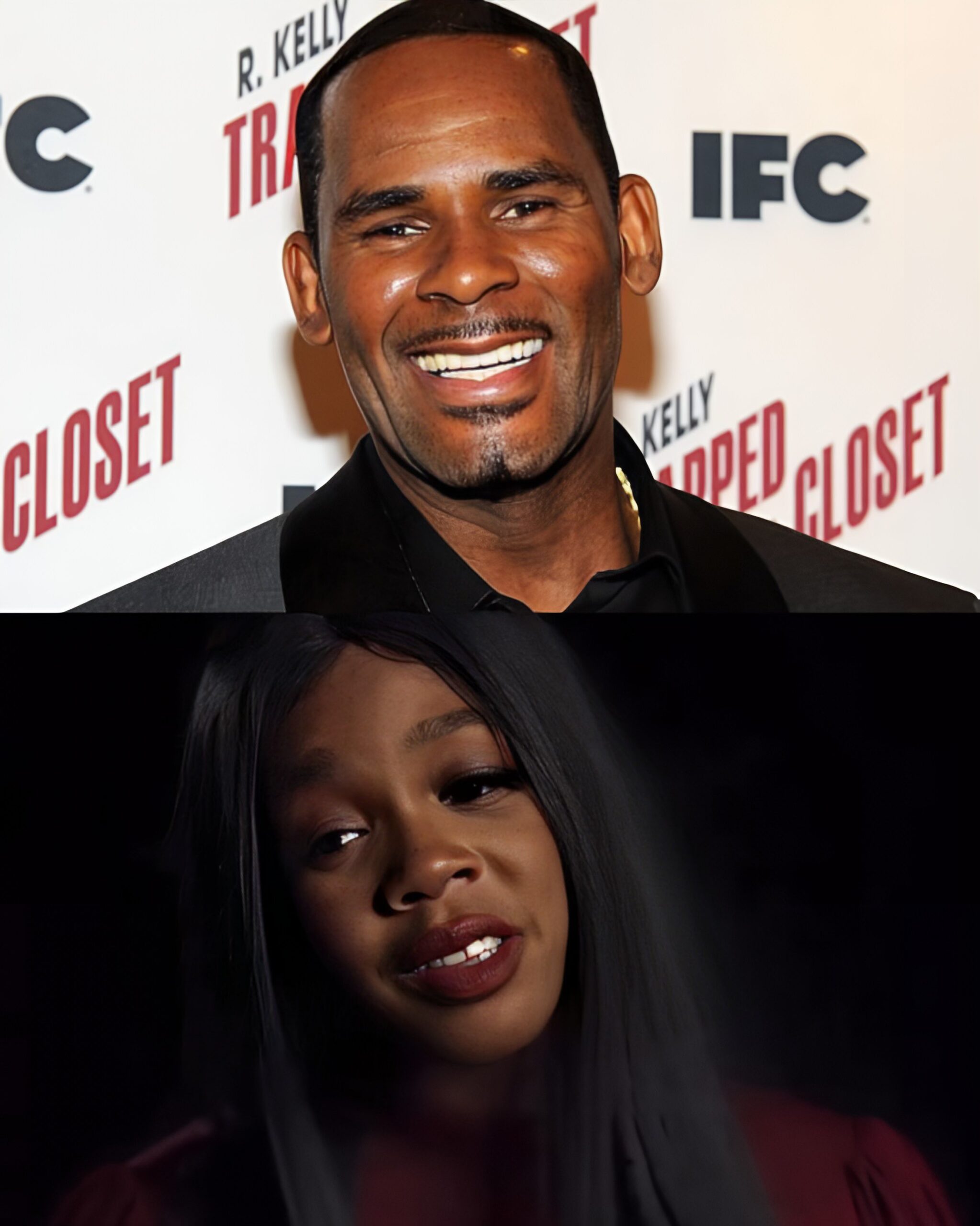In a shocking revelation, Buku Abi, the daughter of singer R. Kelly, has publicly accused her father of sexually abusing her during her childhood.
In a heartfelt statement, she admitted, “I was too scared to tell anybody,” shedding light on the profound impact of her father’s actions on her life.
This accusation comes at a time when R. Kelly is already serving a 30-year prison sentence for multiple counts of sexual abuse and racketeering. The singer’s legal troubles have drawn widespread media attention, revealing a history of exploitation and abuse that has devastated many lives, including that of his own family.
Buku’s allegations are particularly harrowing, as they add a deeply personal dimension to the ongoing narrative surrounding R. Kelly. Her courage in coming forward is commendable, especially given the stigma and fear that often accompany such revelations.

For many survivors, speaking out can be a daunting task, and Buku’s admission underscores the complexities and challenges faced by those who endure abuse within their families.
Background on R. Kelly’s Legal Issues
R. Kelly, once a celebrated R&B artist known for hits like “I Believe I Can Fly,” has faced numerous allegations of sexual misconduct over the years. In 2021, he was found guilty of racketeering and sex trafficking charges, leading to his lengthy prison sentence. His trial revealed a disturbing pattern of behavior that included manipulating and abusing young women and minors.
The impact of R. Kelly’s actions extends beyond his victims; it reverberates through his family, friends, and the music community. The allegations from Buku Abi serve as a painful reminder of the far-reaching consequences of abuse and the importance of supporting survivors.
The Importance of Speaking Out
Buku’s statement highlights the need for a supportive environment for survivors of abuse. Fear of retaliation, stigma, and disbelief can silence victims for years, preventing them from seeking help or justice. Her decision to speak out may inspire others who have experienced similar trauma to share their stories and seek healing.
Support organizations and advocates stress the importance of believing survivors and providing them with resources to navigate their experiences. It is crucial for society to create safe spaces for individuals to come forward without fear of judgment or repercussion.
As this story continues to unfold, it is essential to approach it with sensitivity and support for those affected. Buku Abi’s brave admission shines a light on the pervasive issue of abuse and the need for continued advocacy and awareness.
